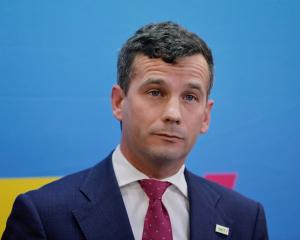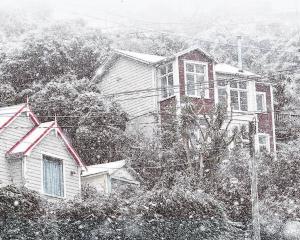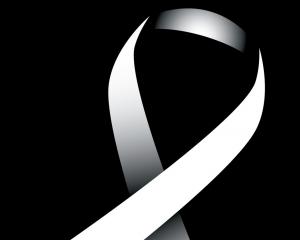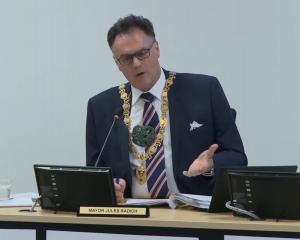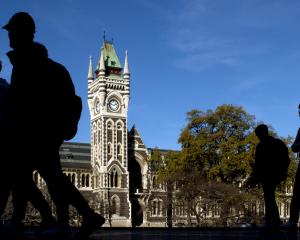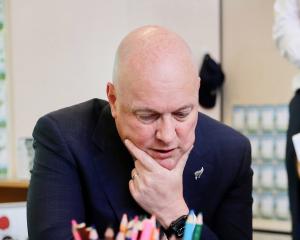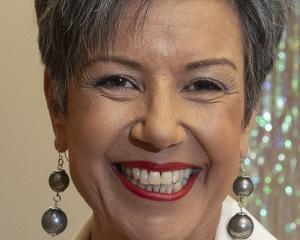
While there have been plenty of talented and popular comics, such as David McPhail and Jon Gadsby, James and Clarke live on in special stardom. All they had to do was walk on to a stage and everyone would smile and laughter begin to bubble.
John Clarke, aka Fred Dagg and other persona, died of natural causes, aged 68, while bird watching and hiking in the Grampian Mountains in Victoria last weekend.
He is remembered not just for his brilliance, wit and deadpan delivery but also as a lovely, thoughtful and kind bloke. Genius does not have to be tortured. The best satire does not have to be mean or sarcastic.
In fact, John Clarke's warmth and friendliness in film and on television nicely counterbalanced the sting of his parody. He was polite and respectful and modest. Yet, he punctured the pompous and lampooned the ridiculous. Who could take offence?
Looking back on his life, it is hard to believe how short his time at the top was in New Zealand and how young he was, in his late 20s, when he left.
He first appeared as Fred Dagg in Country Calendar in 1974 and by 1977 he had moved to Australia. His final album, The Fred Dagg Tapes, was released in 1979, and there was a reunion with New Zealand of sorts when he voiced Wal in Footrot Flats: The Dog's Tale (tail) movie, in 1986.
His impact, nevertheless, is huge and enduring. While he might not have invented ''Get in behind'', it became part of the urban as well as rural lexicon. ''Ah, yeah, gidday'' remains an Antipodean signature. Trev is a name identified with New Zealand, even if most parents would not dare use it for their offspring. A black singlet, shorts and gumboots have become an archetypal uniform.
It is only now many New Zealanders realise how big he was across the Ditch. His and Bryan Dawe's mock interviews ran for 27 years lancing politicians, celebrities and other public figures. His mockumentary series, The Games, in 1999 and 2000, ridiculed bureaucracy and the Sydney Organising Committee for the Olympic Games in ways Ricky Gervais struggles to match.
Clarke was also an actor and writer of film, television and stage musicals.
He was a master craftsman of language and a lover of poetry, with an incisive and penetrating mind. Each word, each inflection, each pause had its place.
Such was his standing it is worth repeating the tribute from Australian Prime Minister Malcolm Turnbull.
''His laconic wit was rarely wide of the mark. I should know. With lethal accuracy he made politicians and prime ministers his prey. With Bryan Dawe, his weekly take-down of the absurdity of political life became required viewing. In this guise, his strength was the underperformance - that canny knack of saying just enough to hit the target, and no more. In this sense, his satire served a noble purpose. It spoke truth to power. It made our democracy richer and stronger. It kept politicians on their toes.
''And best of all it made us laugh along the way. We'll wait a long time to find another John Clarke. In fact, we never will.''

